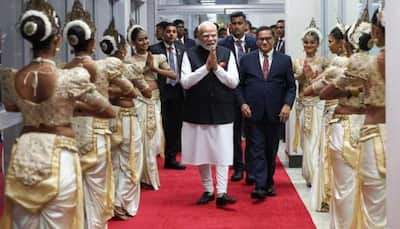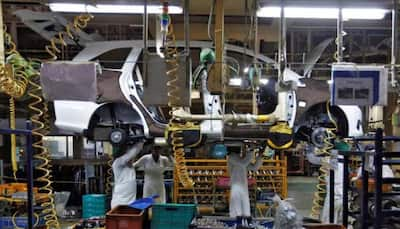The latest tariff measures by the US administration will not have any material impact on India’s passenger vehicle exports due to meagre volumes of such shipments, ICRA said on Thursday. As part of reciprocal tariffs on about 60 countries to counter higher duties on American products imposed globally, US President Donald Trump on Wednesday announced 27 per cent reciprocal tariffs on India, saying New Delhi imposes high import duties on American goods.
The automobile sector is not covered in this order since it is already subject to Section 232 tariffs at 25 per cent, announced by the Trump administration on March 26, 2025. The increased tariffs will apply on all passenger vehicles (sedans, sports utility vehicles, crossover utility vehicles, mini vans, and cargo vans) and light trucks imported into the US.
As the passenger vehicle exports from India to the USA represent less than 1 per cent of the overall PV exports, the tariff imposition does not have any material impact on the automotive original equipment makers, said Srikumar Krishnamurthy, Senior vice president and co-group head for corporate ratings at ICRA Limited.
The scenario is, however, different for auto components, he said. On March 12, a 25 per cent tariff was imposed on all aluminium and steel imports into the US. Subsequent to this, key auto parts, including engines, transmissions, powertrain components and electrical parts face increased tariffs in the US. The effective date is pending but is expected to be not later than May 3 this year, the agency said.
India’s auto components exports accounted for around 29 per cent of the industry’s total revenues in FY24, as per ICRA, of which around 27 per cent was to the US.
“While the situation is evolving, the recent tariff related development and the consequent inflationary pressures and slowdown in demand in the US could have a negative impact on revenue and earnings for component exporters (in the affected product categories) over the next few months,” said Krishnamurthy.
Nevertheless, he said, with higher tariffs being levied on other competing nations as well, this could also create long-term opportunities for the exporters.
He further said that exporters dependent on the US market are also trying to diversify their revenue base across other geographies (including Asia).
Measures to improve value addition, diversification into non-auto segments and cost-optimisation strategies are also being worked upon to reduce the potential impact on margins, Krishnamurthy stated.
Stay informed on all the , real-time updates, and follow all the important headlines in and on Zee News.











